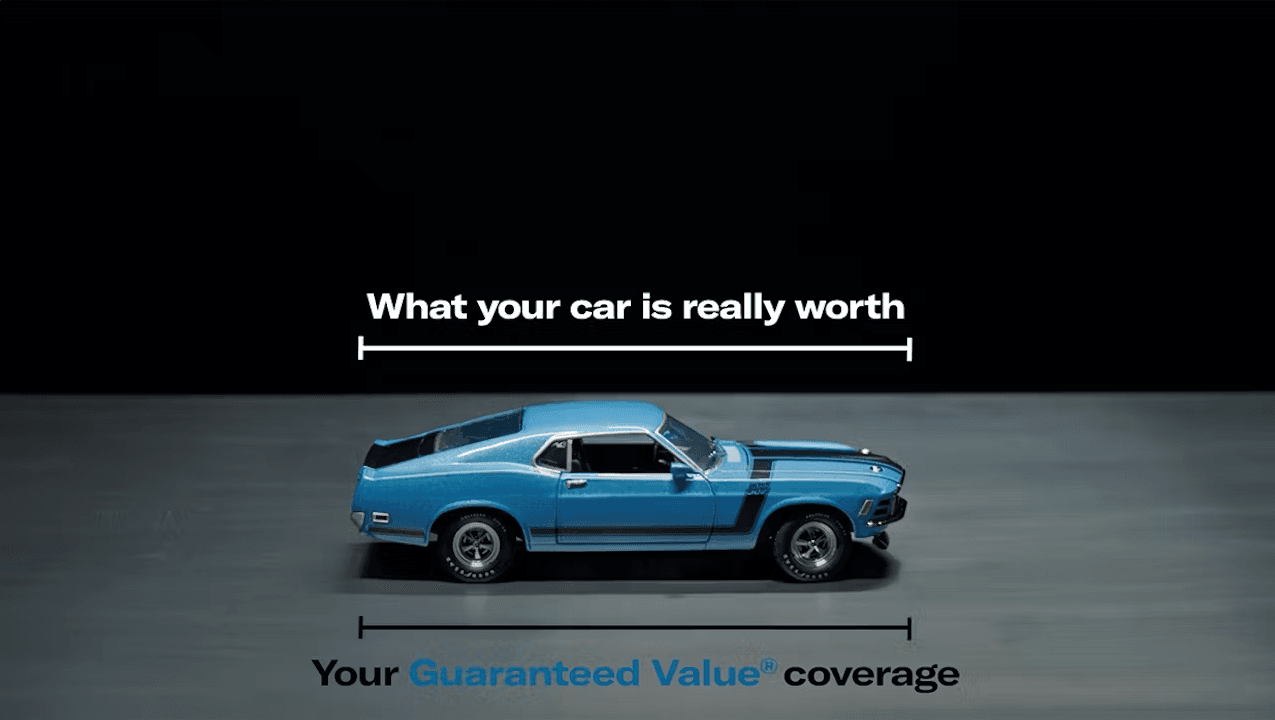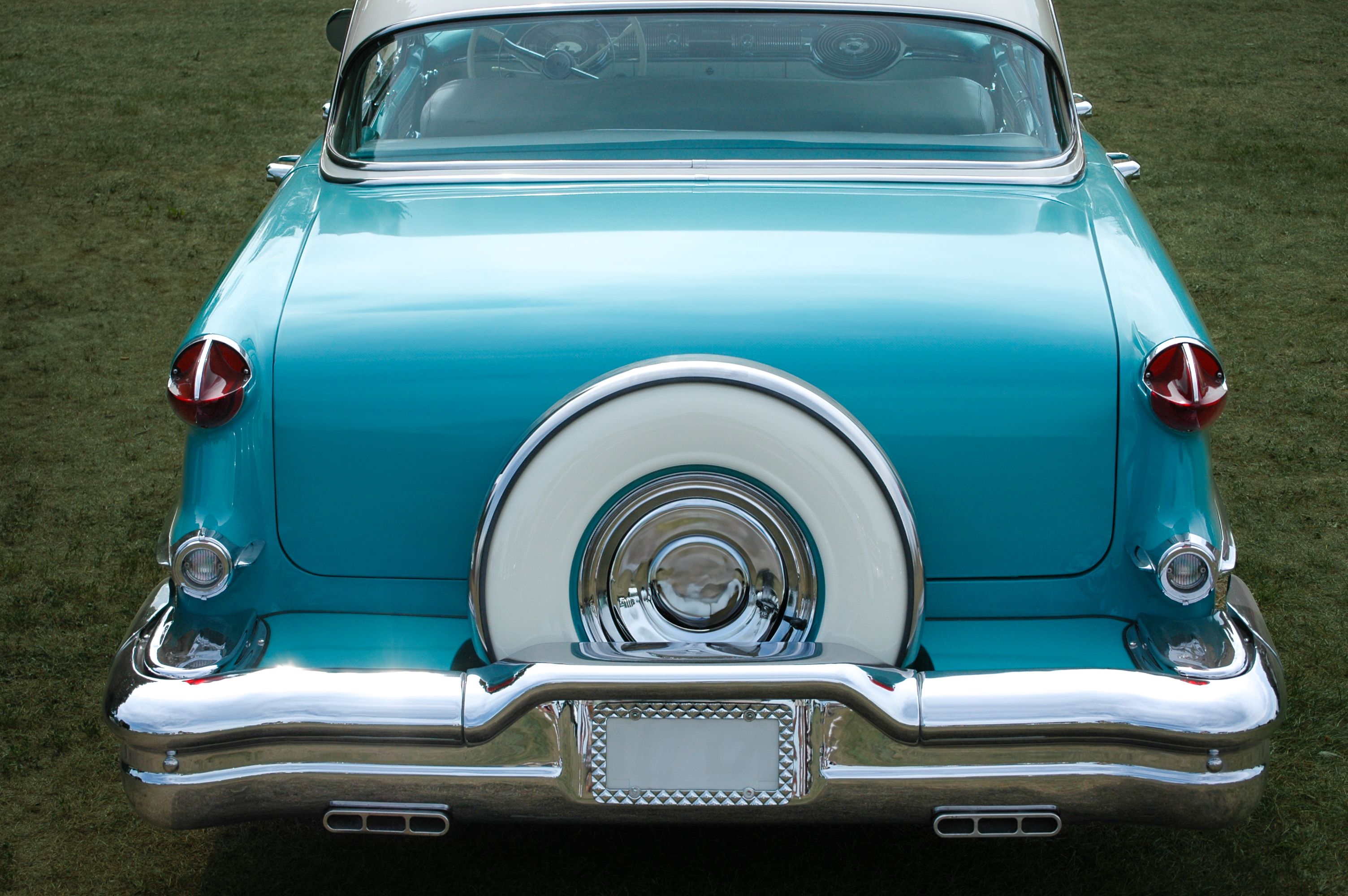Specialty vs. Everyday Auto Insurance: Key Differences Explained

Introduction to Auto Insurance
When it comes to insurance, a primary concern of classic and collector car owners is how much their policy will pay out if they are involved in an accident and their car is a total loss.
A big factor of the insured's payout in the case of a covered loss depends on what type of coverage they have on their vehicle. We’ll dive into two types of coverage in this article, Stated Value and Guaranteed Value® (also known as Agreed Value), but first, we must review something called Actual Cash Value (ACV).
What’s the difference between specialty and everyday insurance?
Specialty and everyday insurance policies differ greatly when it comes to vehicle value and how clients are compensated in the event of a loss. There are three ways auto insurance can pay out claims:
Actual Cash Value: Most general auto insurers offer Actual Cash Value policies. This is what an insurance adjuster says the car is worth, usually based on used car values and not the collector car market. If your client's vehicle is stolen or declared a total loss after an accident, it’s unlikely the client will be compensated for its true value.
Stated Value: Many general auto insurers offer a Stated Value policy option for collector vehicles, which allows insurers to pay the lesser between Stated Value and Actual Cash Value and is based on the used car market rather than the collector car market. What’s more, it does not cover 100% of the vehicle’s value. In fact, it may pay less than the Stated Value if the Actual Cash Value is lower at the time of the accident.
Guaranteed Value (Agreed Value by Hagerty): Most specialty insurers offer an Agreed Value policy. Hagerty offers Guaranteed Value. You and your client help determine an accurate value up front and that’s what they’re paid if there’s a covered total loss.* Guaranteed Value ensures they’ll be compensated for the true cost to repair or replace their collector vehicle based on data from Hagerty Valuation Tools®, not the used car market.

What is a collector vehicle?
Different companies have different vehicle and age requirements, but vehicles are generally considered “collector” if they are not daily drivers, they maintain or appreciate in value, and are of limited production or special interest.
What kinds of cars does Hagerty protect?
Classic cars
Modern collectibles from 1990 to today (think two-door sports cars and convertibles, up to the current year)
Collectible supercars – Bugattis, Ferraris, Maseratis, and more
Collectible trucks, Jeeps, vans, and SUVs that are from 1998 or older
Modified vehicles like hot rods, replicas, race cars, lowriders, pro-street and tuners
Retired military vehicles, commercial vehicles, and tractors, such as semis, Jeeps, tanks, and fire trucks

Main Differences Between Specialty and Everyday Auto Insurance
The primary distinction between specialty and everyday auto insurance lies in their scope and coverage options. While everyday insurance focuses on typical driving needs, specialty insurance addresses specific requirements that standard policies typically do not cover. Understanding these differences is crucial for ensuring that your vehicle is adequately protected.
Coverage Specificity
Specialty auto insurance offers highly tailored coverage solutions. For example, classic car policies often include provisions for restoration costs and spare parts. In contrast, everyday insurance provides a more generalized approach suitable for common driving scenarios.

Cost Considerations
The cost of specialty vs. everyday auto insurance can vary significantly. Specialty policies are often more expensive due to the unique risks associated with certain vehicles or driving situations. However, they offer a level of protection that standard insurance cannot match.
Choosing the Right Insurance for You
Selecting between specialty and everyday auto insurance depends on your vehicle type and how you use it. If you own a standard car used primarily for commuting, everyday insurance might suffice. However, if you own a rare or high-value vehicle, or if you use your car for specialized purposes, exploring specialty options is advisable.
In conclusion, understanding the key differences between specialty and everyday auto insurance can guide you in choosing the right protection for your vehicle. Assess your needs carefully to ensure you are adequately covered.
